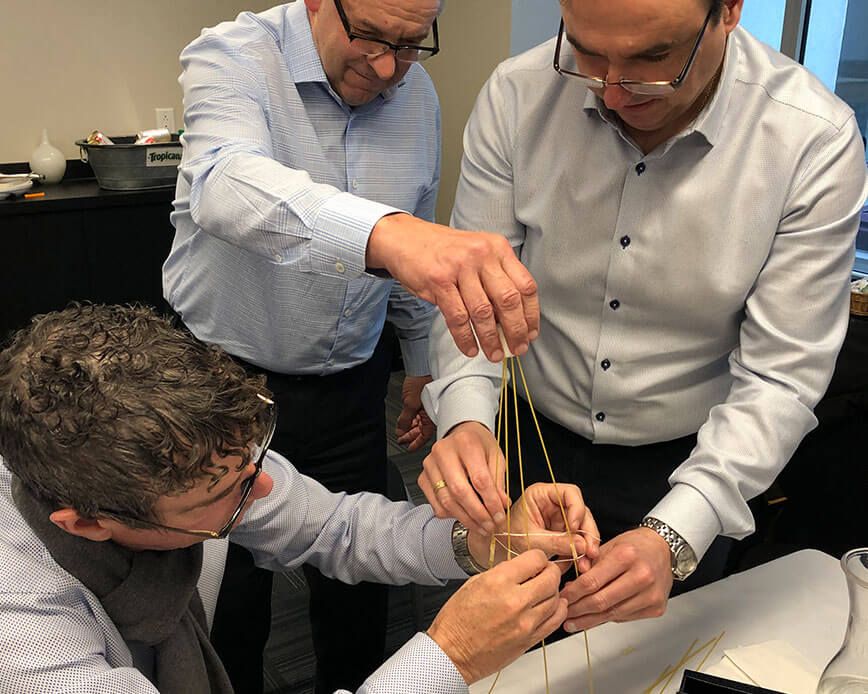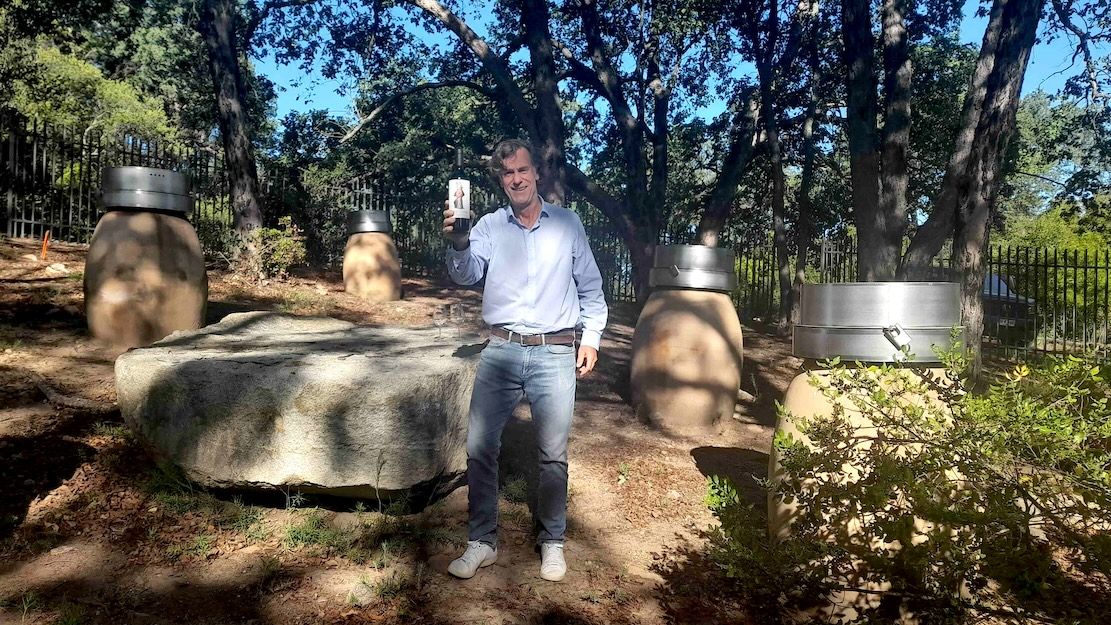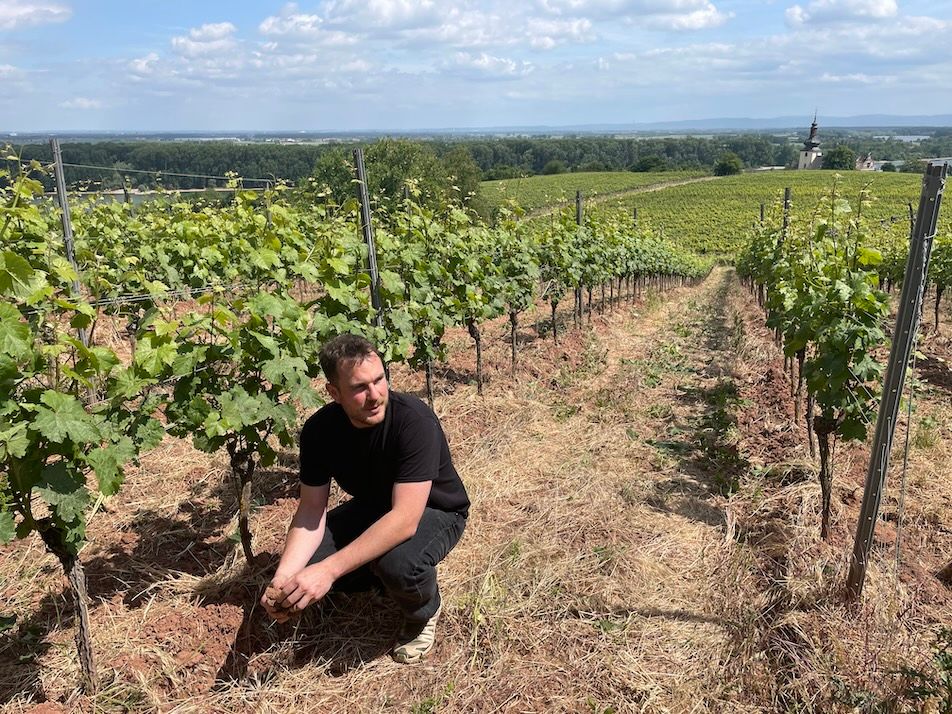The wine industry needs to shake off its inhibitions and become braver in how it tackles and brings more realistic innovation into the sector, says Alistair Morrell.
The current UK economic landscape for wine is not looking great and many in the trade seem to be a little long in the mouth. The way out of a recession, or slowdown in the economy is typically led by innovation, but it is a tricky corner to be in.
Wine is often panned as a category without, or sadly lacking, in innovation. I suppose that 8,000 years of being an agricultural product means that change is not just awkward but truly difficult. However, we should remember wine is one of the very few branded agricultural products and that innovation doesn’t have to mean radically changing everything.
In a Havard Business Review article (Nov/Dec 2019) authors Scott, Cobban, Nair & Painchaud define innovation as ‘something different that creates value’. Which means that anyone and anything can equal innovation providing it advances value in the business, industry or organisation. Product, processes, marketing, packaging, service can all become innovations.
An anecdote that demonstrates this very well is an oft conducted experiment with MBA students and primary school children. The ‘Marshmallow Challenge’ proposes that the challengers (children or MBAs) have a set amount of time to build the tallest structure that will support a marshmallow on top using spaghetti, tape and string. Sounds easy doesn’t it. Well, try it. Just a word to the wise – the kids usually win!
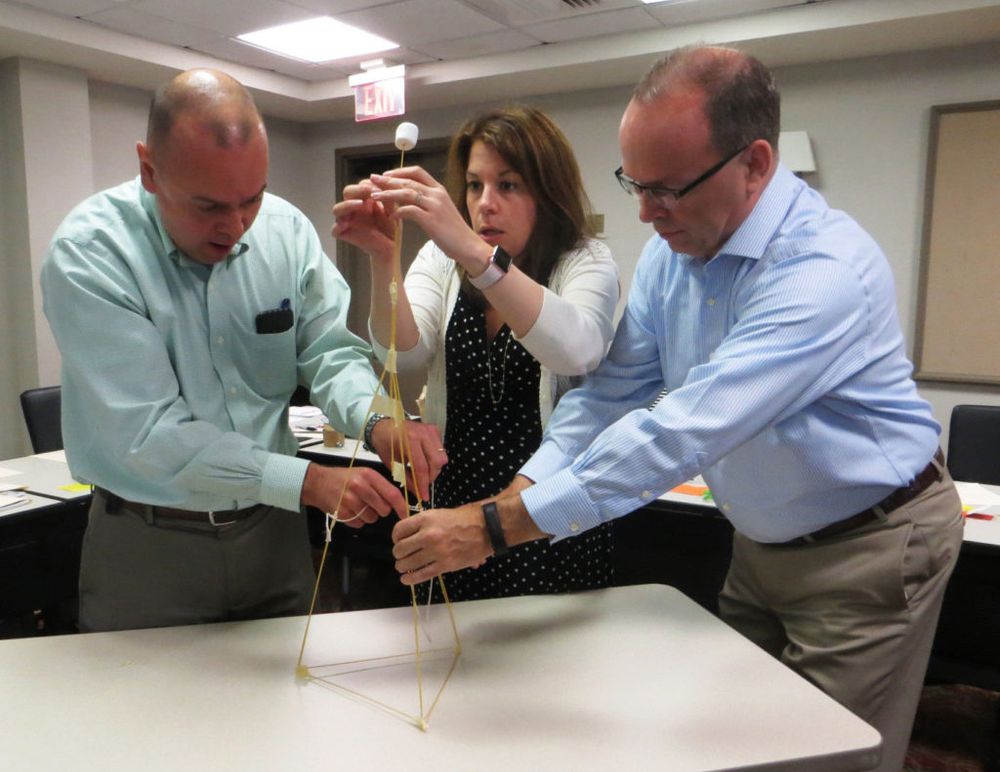
Doing the Marshmallow Challenge can tell you a lot about how creative and lateral thinking you are
It really goes to show how experience can bind us in information and knowledge that hampers our creativity and lateral thought to solving problems, which is what business really is. Maybe some of the ‘Marshmallow Challenge’ originator thinking goes to help re-crafting how we consider wine and the part that it plays in our society and importantly why it plays a part?
Here are the ‘innovations’ that are currently out there? But are they really going to shake up the market as much as they hope? Here are some ideas.
Wine in cans
Possibly. Although I don’t see consumers rushing to buy D.R.C. from a can with their Michelin star meal. Further upmarket hospitality outlets don’t seem to be embracing them with great gusto. A friend, nameless, selling cans into trade for the first time, described to me the work put in to secure national distribution and how hard that has been and still currently is. The demand is just not there.
That is where innovative thinking may help in finding new lateral ways around over or under the problem that leads to fine dining services wanting cans in their outlets because (perhaps) it reduces their carbon footprint, makes them more attractive to diners because of it and increases value to their restaurant trade, thus leading the way for the rest of the industry to embrace wine in cans. It is a nice theory, but would require some thorough testing out to prove.
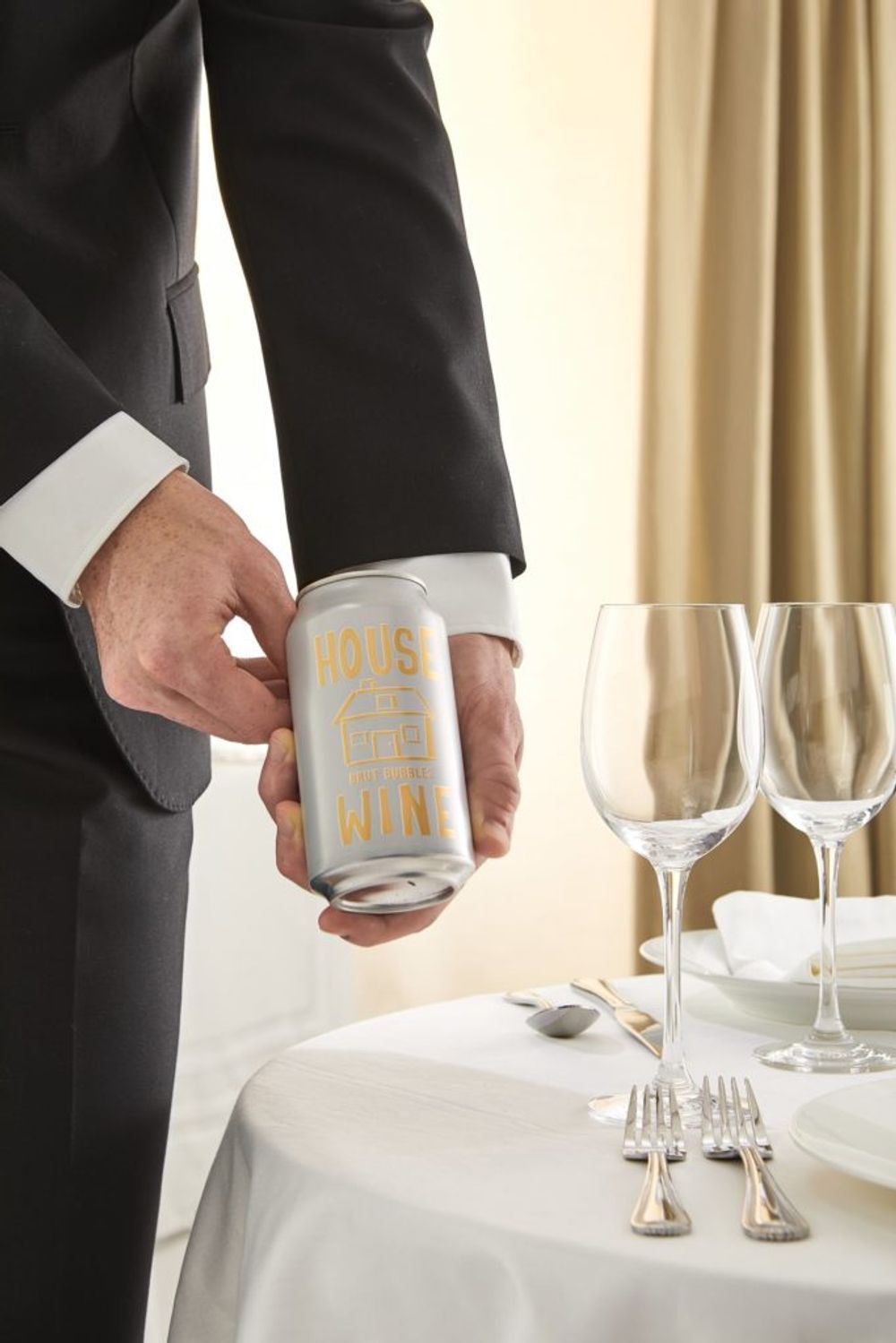
Vegan wines
Innovation is about challenging assumptions, sometimes long held assumptions that seem intractable. Vegetarian wines have been available for many years, with the irony that many vegetarians themselves being unaware that wine could or couldn’t be vegetarian.
Going one step further, Marks & Spencer has just announced that its wine range will be totally vegan by 2022. The innovation here is not about vegan wines per se, but about making the right people aware that you are selling it. The assumption of wine being natural is a challenge for innovation in itself, which M&S is clearly addressing.
Can Champagne be canned?
Now here is an innovative idea. Champagne in cans is not approved by the Champagne authorities.
“According to the regulation, Champagne must be elaborated and sold in glass bottle. So it is impossible to find Champagne in cans,” is how the ruling body, CIVC sees it.
But why not? Ecologically friendly with a fraction of the bulk of glass, designed according to the Champagne marque, no doubt with some stunning renditions, appealing to the younger generation and their strong movement towards cans. Served in the more upmarket happening places, making Champagne once again the convenient celebration drink in the UK sounds like revolution to me.
And it is not such a production headache either – 18.75cl are usually and currently decanted from magnums and sealed with twist of aluminium caps, albeit covered with a plastic closure, so decanting into can and sealed quickly could be no more harmful than the small bottles.
Now there is innovation in the market using a new format. Come on Champagne let’s revitalise the UK’s love for your lovely drink.
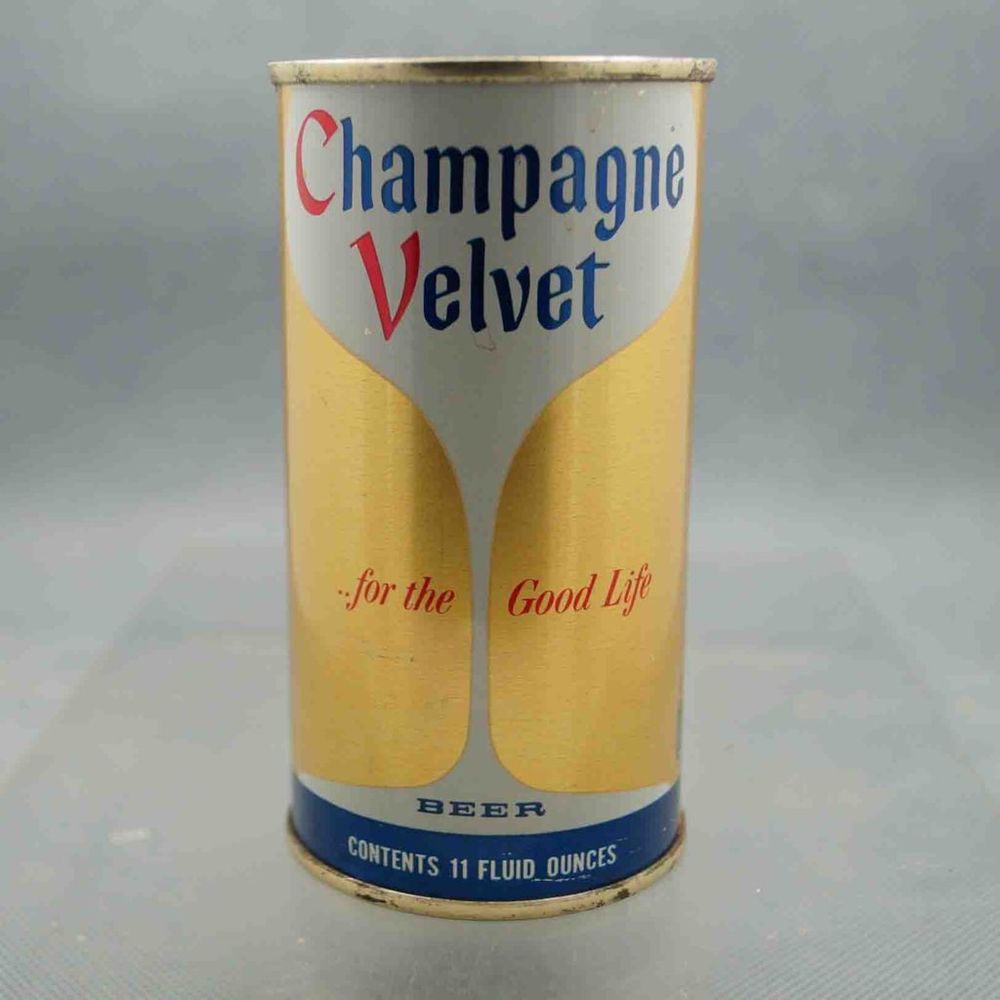
OK it’s not a Champagne. Far from it. But why should we not be able to serve Champagne in a can? asks Alistair Morrell
Do we really know where a wine comes from?
Robert Joseph in Meiningers International recently reminded us that in 1960 Algeria was the biggest exporter of wine in the world. Of course it was all going to France to be buried in various Bordeaux and Burgundy wines. Clearly that sort of thing doesn’t happen now – probably!
Let’s assume that you have just bought a bottle of Premier Grand Cru Classe Bordeaux Chateau or a Grand Cru Burgundy. Apart from the sommelier who will no doubt re-assure you that it comes from a ‘very reputable’ source, how do you really know that the wine you are drinking comes from the place that it says it does?
The aforementioned chateau proprietors own a number of Bordeaux estates, and whilst I am certain they wouldn’t dream of mixing up lots, accidents do happen. With consumers paying £000s for bottles of wine, who wants the risk of buying a fake?
What a fabulous opportunity to be able to develop a system for testing and proving the veracity of provenance and terroir, thus demonstrating absolute value to the final consumer.
Wine in space

Houston..”our wine has a problem”
Twelve bottles of wine are to be put in space as a part of a study that hopes to understand agriculture from a holistic perspective. In science, according to project leader Dr. Michael Lebert, problems are analysed by picking them apart into much smaller pieces, so that each can be studied separately to that when you put them back together they make the whole better, or at least understood better.
By taking wine into space they are taking an eco-system, albeit a simple one, to study how it reacts to weightlessness and radiation with a view to solving agricultural issues created by climate change here on earth.
Who knew that the wine and vine offered such a wonderful insight into agriculture with an opportunity of contributing to the future science of food production in the face of climate change.
Cider to be seen as wine
Yes, really cider is now being regarded in the same quality and provenance terms as wine. I have to declare a personal interest, as chief executive of Cider Is Wine, the not-for-profit producers alliance, but consumers in their thousands are latching on to the concept of cider as wine. At a recent consumer festival one said to us: “Well that’s the wine tasting ruined, these ciders are brilliant.”
Wine can embrace cider on a level playing field and in the process become more inclusive and learn more about new and younger consumers. This is not about selling cheap alcohol or providing easy ways for younger people to get into alcohol. This is about embracing products which already exist and have been in existence for almost as long as wine itself.
Cider made exclusively from apples, perries from pears have as much interest, intrigue and diversity as what we commonly know as wine. As the wine industry let’s not fall into the trap of being cast into a dye of ‘the old persons drink’, let’s find ways with values of challenging our assumptions about what wine is.
Let’s face it wine in its modern definition has been created largely by the French. I suggest it is time to build on that and carefully build on it, without losing our core values.
So get out the sticky tape, spaghetti and string and a bag of marshmallows in your office, and go and find some innovation. It is all there to be had, we just need to think differently.
- Alistair Morrell – aka The Wine Inspector & chief executive of Cider Is Wine is a drinks industry consultant, journalist and commentator. He has over 30 years as a drinks industry professional which he shares with growers, importers, distributors and buyers. You can follow him at @inspectorwine.
